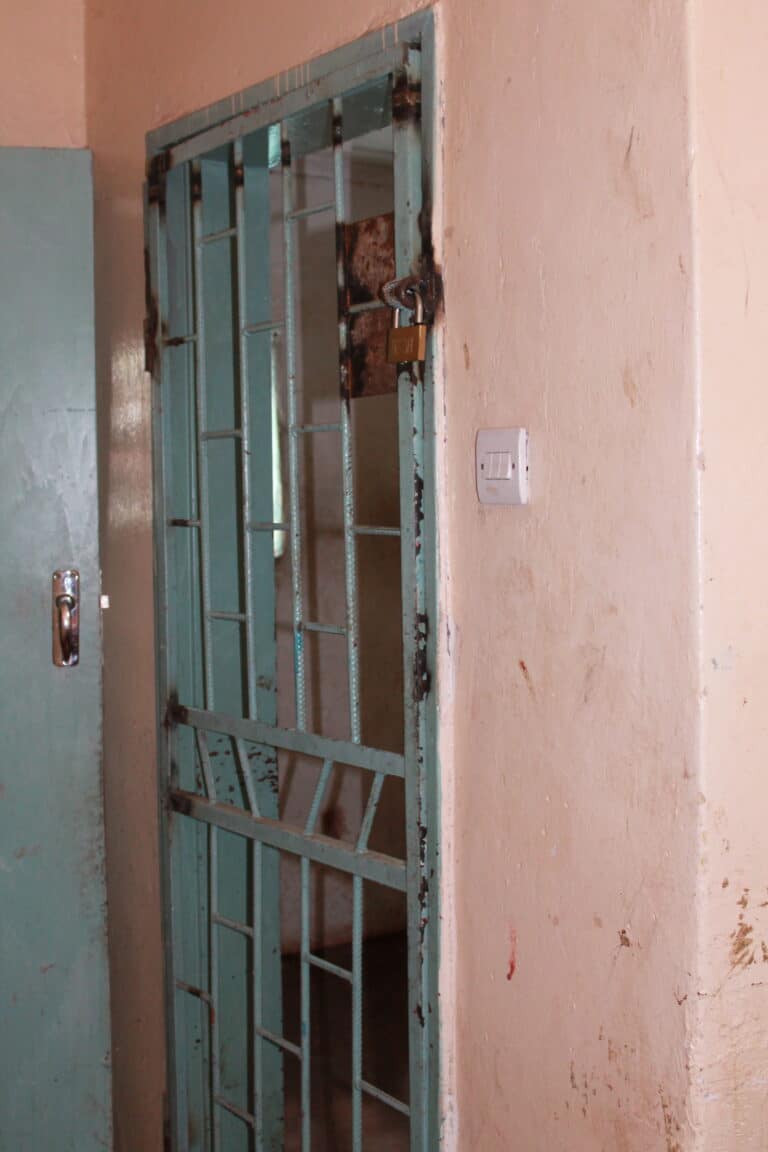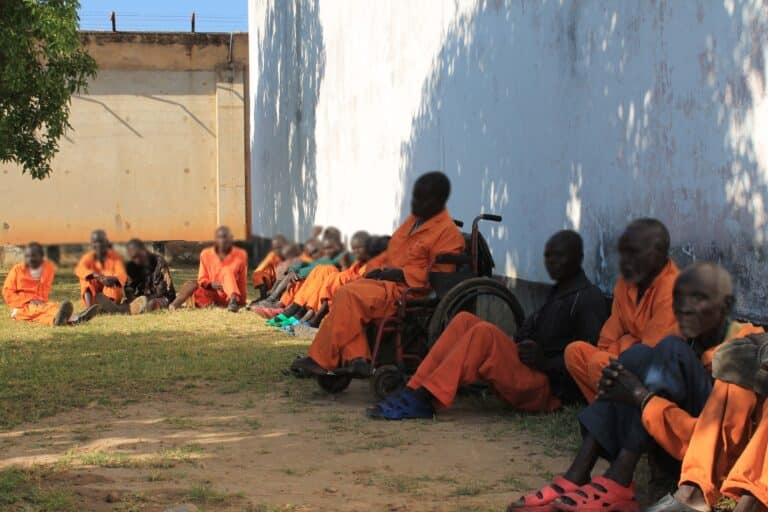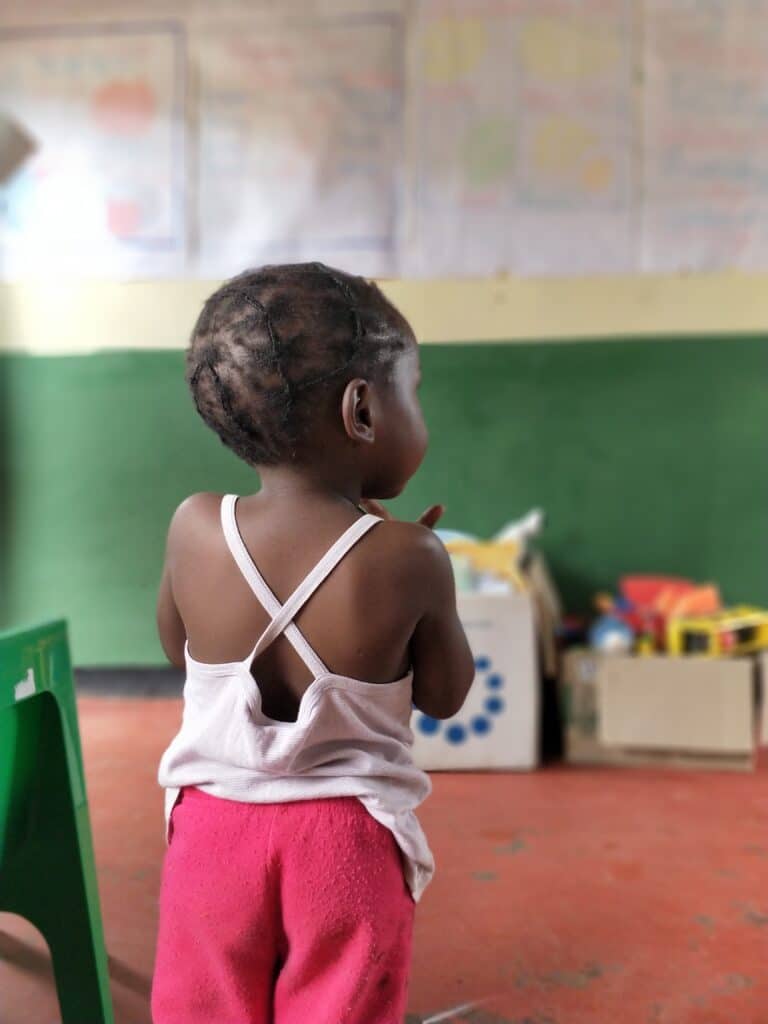We need your help!
About Zambia’s prisons
A life in prison
Life in Correctional Centres
Correctional centres in Zambia are characterised by overcrowded and unsanitary conditions with poor access to the justice system and healthcare services. Inmates are often convicted for minor crimes related to poverty but face the prospect of spending years behind bars. The legal system is inefficient and corrupt, with detainees sometimes waiting for years before their cases are heard, and even when they do reach trial, they may be acquitted. Human rights violations are widespread, and torture by the police to obtain confessions is well-documented. Additionally, sentences are often arbitrary and harsh, and inmates are frequently victims of stigma and discrimination.
Life in a correctional centre is psychologically, socially, and economically destructive, as inmates typically spend long periods incarcerated, isolated from their families, jobs, and society. Poor hygiene and lack of food lead to significant health problems. Overcrowding in Zambian correctional centres forces inmates to sleep sitting or packed closely together, head to foot, sometimes standing through the night. This results in physical suffering, high stress levels, and an ideal environment for infectious diseases. A 40m² cell may house 145 or more prisoners, locked up from around 4-5pm until 7-8am the next day. The prevalence of HIV/AIDS, tuberculosis, and malnutrition is alarming. There is an urgent need for basic food aid for all inmates, particularly the sick. Psychological vulnerability and severe mental health issues are common in the correctional centres.
Children in Correctional Centres
Some of the inmates’ children, aged 0-4 years, are imprisoned with their mothers, either serving sentences or awaiting trial. There are currently around 70 children in Zambian correctional centres. These children do not receive sufficient nourishing food to support healthy development. There is a lack of care and stimulation, which hinders their normal growth. It’s crucial to address the children’s situation, as the early years of a child’s life are vital for their long-term well-being.
Additionally, there are children aged 12-18 in correctional centres, who are particularly vulnerable to abuse within the system. Many of these young individuals have difficult backgrounds marked by neglect. It’s especially important to minimise the harm caused by incarceration for these vulnerable youths. They require support in the form of food, protection, healthcare, access to justice, and general well-being and development.



